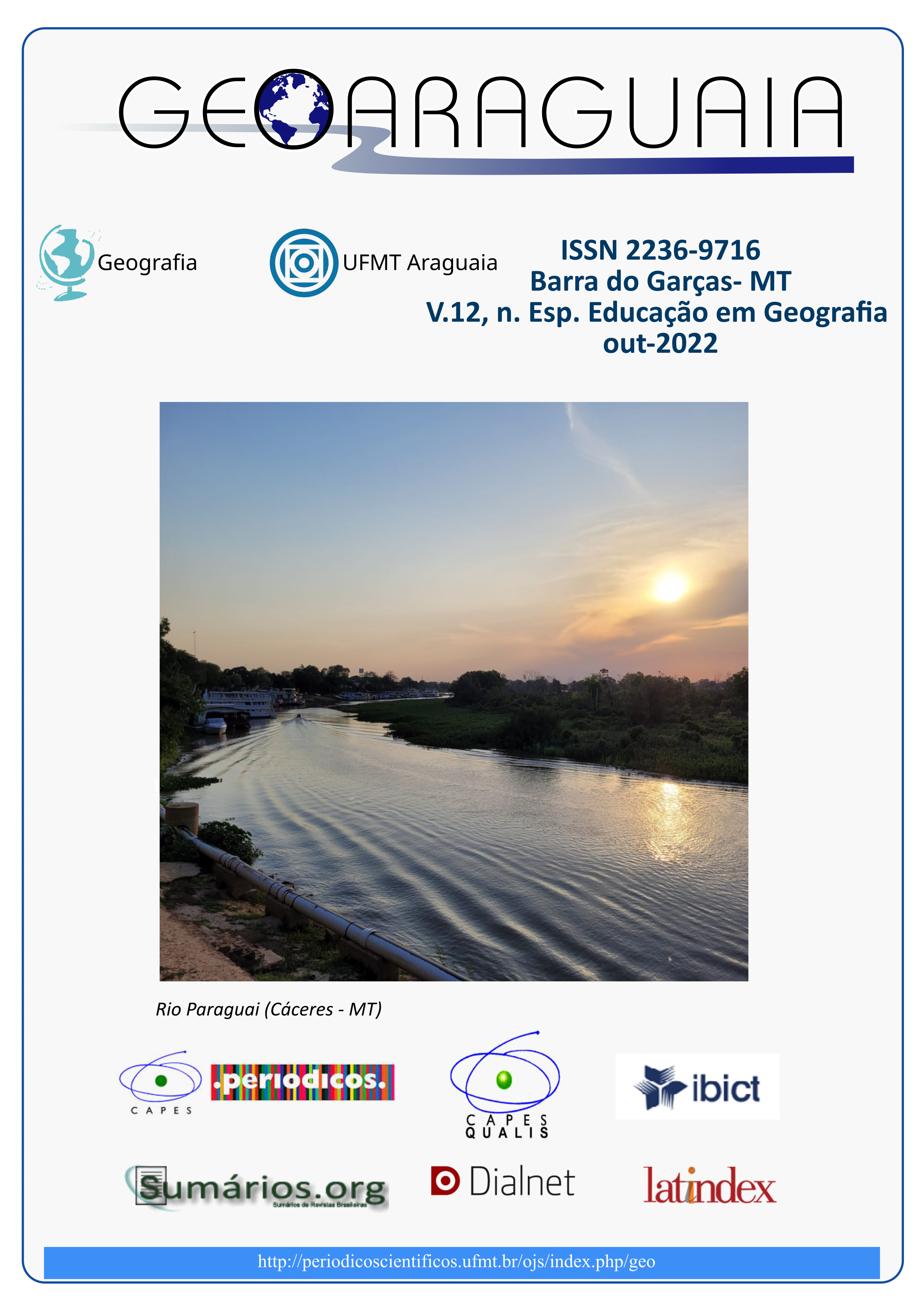O Ensino de Geografia e os Direitos Humanos
contribuições para a concretização de uma educação inclusiva
Abstract
This article aims to analyze the right to inclusive education at the national level, based on the investigation of the main laws and infraconstitutional norms related to the theme. From this perspective, we seek to identify, in the existing theoretical references and national legislation, issues that deal with this content, having as a starting point the Federal Constitution of 1988 and the Statute of the Person with Disabilities, established by Law No. 13,146 / 2015. The relationship between human rights education and geography teaching will also be addressed, as well as its importance for the realization of inclusive education. To support this discussion, we used as a theoretical framework authors such as Santos (1993), Cavalcanti (2002), Bobbio (1992), Comparato (1999), Mazzotta (2003), among others. In view of the panorama of legislative developments in Brazil regarding the right to education for people with disabilities, it can be concluded that, despite the serious problems of inclusion that still exist, there is an evolution in guaranteeing this right. The importance of education in human rights was perceived, mainly because the subject who knows his rights is able to fight for them, understanding that education has a transforming character even as an instrument of social change. In this context, the teaching of Geography is configured as an important instrument for education in an inclusive perspective and for the construction of citizenship, since this science aims to study the student's living space where citizenship is produced and practiced .
Downloads
Published
How to Cite
Issue
Section
License
A Revista Geoaraguaia poderá solicitar alterações de ordem normativa, ortográfica e gramatical, com vistas a manter o padrão culto da língua. Se necessário, alguns ajustes normativos podem ser feitos pela revista, porém respeitando o estilo dos autores.
As provas finais não serão enviadas aos autores.
As opiniões emitidas pelos autores dos artigos são de sua exclusiva responsabilidade.





 A revista
A revista